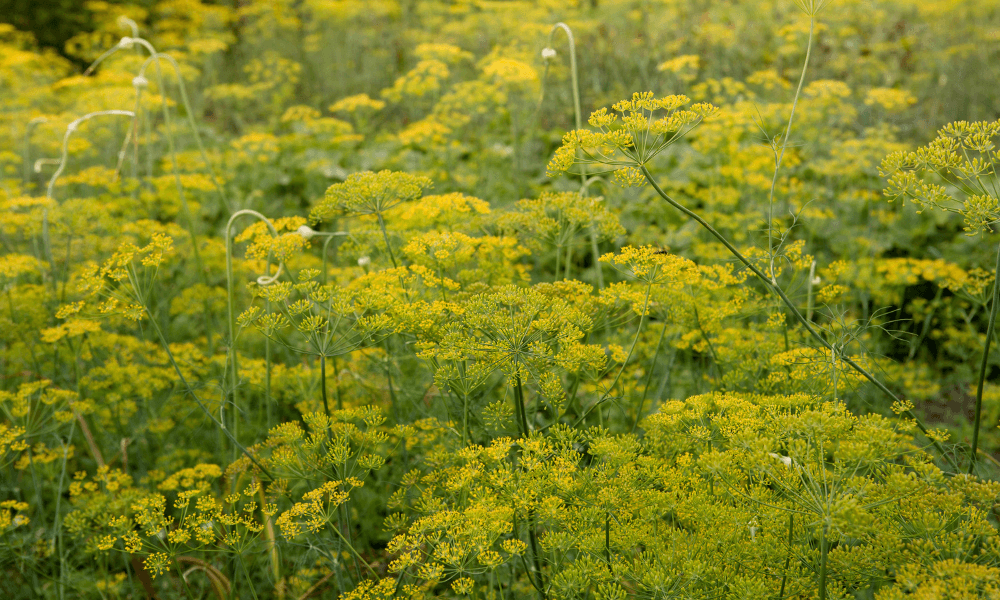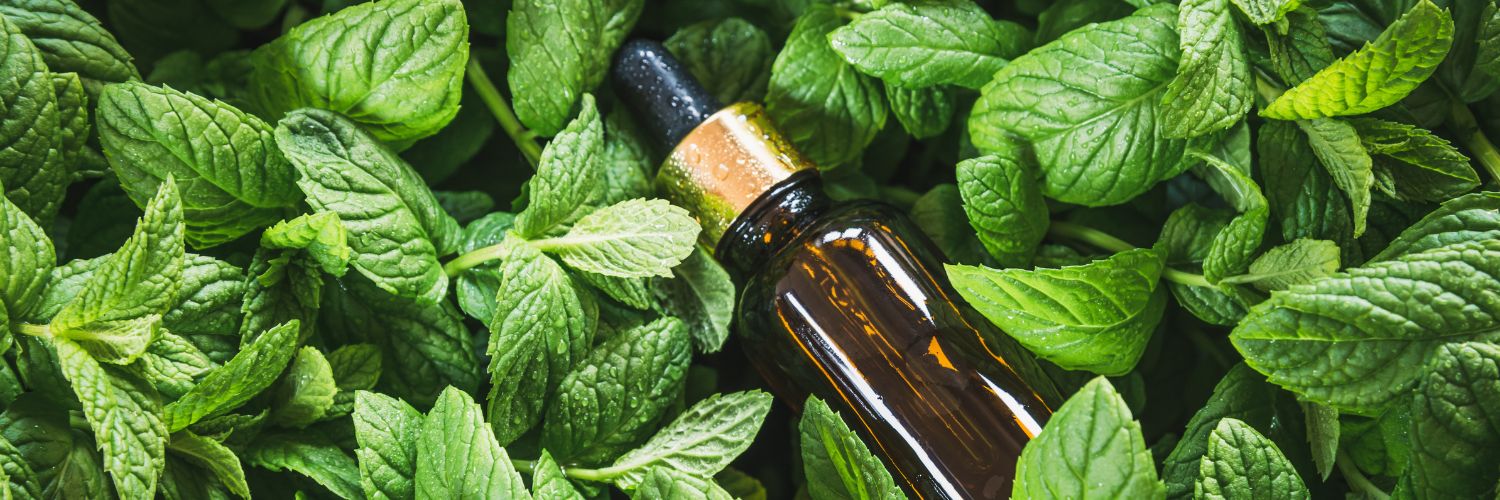Updated on June 13th, 2025
The aphidiid wasp (commonly referred to as an aphid wasp) is a tiny parasitic insect that targets aphids from the inside out. Its unique life cycle holds the key to natural, chemical-free pest control in your garden.
Aphid life cycle and how the aphid wasp intervenes

To understand the aphid wasp’s role, it’s helpful to first consider the life cycle of aphids and how these parasitoids disrupt it. Aphid wasps, part of the Aphidiidae family, are nature’s way of keeping aphid populations in check in gardens and farms.
The wasp life cycle is uniquely adapted to parasitizing aphids. Throughout the life cycle of a wasp, each stage—from egg to adult—is completed inside or near the aphid host.
Aphid wasps are known as parasitoids, which might sound complicated, but can be explained. Think of them like nature's special agents: instead of directly attacking their prey from the outside, they work undercover, infiltrating the enemy lines to defeat aphids from the inside out. Here's how they carry out their mission:
Egg laying: A female aphid wasp uses her ovipositor—a specialized organ—to inject eggs directly into a suitable aphid host. This precise placement ensures the developing larvae have the resources they need to thrive.
Larval development: After hatching, the larvae feed on the aphid’s internal tissues and fluids—growing and developing within the host's body. This parasitic phase is deadly to the host, as the larvae grow entirely at the aphid’s expense.
End of the host: As the larvae mature, the aphid weakens and dies. This distinguishes parasitoids from predators, which kill prey more directly.
Emergence and maturity: Inside the dead aphid (often called a "mummy"), the larvae continue their development—pupating and transforming into adult wasps. Upon maturing, they chew their way out and begin the cycle again by hunting new aphid hosts.
Why gardeners love aphid wasps
Encouraging aphid wasps in your garden offers powerful, chemical-free aphid control. These tiny parasitic insects help maintain balance in your ecosystem—and they do it with remarkable precision.
- Natural pest control: Aphid wasps reduce aphid populations by targeting them from within, helping to slow the spread of plant diseases and minimizing damage to flowers, fruits and vegetables.
- Chemical-free gardening: Supporting aphid wasps fits seamlessly into organic gardening practices, eliminating the need for harsh pesticides that can harm pollinators and other beneficial insects.
- Enhanced plant health: With fewer aphids to spread viruses or drain nutrients, plants are better able to thrive—leading to more vibrant growth and productive harvests.
4 ways to attract aphid wasps to your garden
 Fennel plants attract aphid wasps
Fennel plants attract aphid waspsBy creating an environment that supports both the adult and larval stages of the aphid wasp, gardeners can significantly reduce aphid populations without resorting to harsh chemicals. Here’s how to turn your garden into a natural refuge for these beneficial parasitic insects:
1. Plant diverse herbs and flowers: A wide array of plants supports the full life cycle of aphid wasps and other beneficial insects. Herbs like dill, fennel, cilantro and yarrow release volatile compounds that are irresistible to aphid wasps, drawing them into your garden.
2. Avoid chemical pesticides: Chemical pesticides decimate beneficial insect populations alongside the pests they target. Instead, embrace natural aphid control with predators like ladybugs, green lacewings, assassin bugs, aphid lions and of course, aphid wasps.
3. Provide nectar-rich sources: Adult aphid wasps rely on nectar for energy. Flowers like sweet alyssum, cosmos and marigolds act as energy stations, fueling these wasps so they can locate and parasitize aphids.
4. Offer accessible water sources: Aphid wasps, like all insects, need water. Small birdbaths with pebbles for landing or shallow dishes placed around your garden can provide easy access to hydration and keep them active in your space.
Dr. Killigan's sustainable gardening: Supporting aphid wasps and beyond
At Dr. Killigan’s, we believe in working with nature—not against it. That’s why our approach to pest control supports beneficial insects like the aphid wasp while offering effective, eco-conscious solutions for gardeners.
Dust to Dust Plant-Powered Insect Powder is designed to defend your garden from pests without disrupting its natural allies. Using a fine silica blend and essential oils, it naturally deters aphids, mites and other soft-bodied pests. As plants absorb silica, they develop microscopic phytoliths that make their leaves tougher and less appealing to insects. The formula also boosts internal plant defenses with compounds like lignin and phenols—helping your garden stay vibrant, resilient and pest-resistant.

Need a perimeter barrier indoors? Try Six Feet Under: Barricade—a plant-powered kit that keeps crawling pests out for up to 90 days without synthetic residues.
Join the chemical-free gardening revolution
By choosing nature-powered tools, you’re protecting your plants and vital insects—like aphid wasps—that keep pest populations in check. Whether you’re building a pollinator-friendly space or just tired of harsh pesticides, Dr. Killigan’s has your back.
Let’s make every garden a sanctuary. Equip your backyard with the tools that empower nature’s smallest defenders.

















